Cargojet Airways (W8, Hamilton, ON) is looking to invest in a startup US cargo airline to take advantage of the e-commerce fueled upswing in the US express cargo industry, says Chief Executive Officer Ajay Virmani.
Speaking during a 1Q21 results conference call on May 3, 2021, he said the company was looking at a modest investment of USD5 million to USD20 million in an existing, or new small entity, that would be majority US-owned and act as the US license holder. “We don't anticipate to spend hundreds of millions buying a company unless something very good came up, I should never say never,” he said.
The US Air Operator's Certificate (AOC) holder would outsource dispatching and operations to Cargojet through a long-term lease of aircraft, crew, maintenance, and insurance. US law restricts commercial air operations within two points in the country to domestic carriers.
“The growth in the US market is tremendous,” Virmani said. “There are many routes and many areas that we cannot cover with our current license arrangements, and we continue to seek a US partner for our growth strategy across the border as many of our customers in Canada are also customers in the US.”
“We are looking at that opportunity very seriously because we feel there is a lot more opportunity to place aircraft and to have an ownership position. The company will seriously pursue that over the next quarter to have an investment that gives us another outlet to sell our products and services and expand,” he added.
Cargojet supports package delivery giants such as Amazon.com, DHL Express, and Purolator Courier, but many smaller retailers have also switched to online during the pandemic. This was driving Cargojet’s strategy to diversify its services.
Driven by dramatic growth in e-commerce demand and a steep drop in international passenger air service demand, the company delivered solid revenue growth of 30% or CAD160.3 million (USD130.7 million) in 1Q21, adjusted EBITDA growth of 44%, and had generated CAD35.2 million (USD28.7 million) in adjusted free cash flow, a growth of over 18%. Daily average operating revenue was up 35% to CAD2.5 million (USD2 million) and gross margins jumped 28.3% to CAD45.3 million (USD36.9 million). The carrier had managed to pay off most of its debt, Virmani said.
“While we do not expect the 2020 results to become the new baseline, we do expect a significant shift upwards from the pre-pandemic volumes due from the new baseline,” he said. Topping the agenda for the next six to eight months would be cost efficiency and productivity.
He said the company had invested in fleet expansion, which stood at 25 aircraft at the end of 1Q21 versus 20 aircraft at the end of 1Q20. “We recently acquired a B757-200(PCF) to continue to meet the demand of our existing customers. We will take delivery of this aircraft by the end of May this year.” The carrier also expects the delivery of five B767 converted freighters in the next 18 months, the first due in 4Q21. These will be deployed selectively on international high-yield routes or with customers who have demand for these aircraft.
According to the ch-aviation Commercial Aviation Aircraft Data module, Cargojet's fleet already comprises eight B757-200(PCF)s, ten B767-300ER(BDSF)s, four B767-300ER(BCF)s, three B767-200(ERBDSF)s, and one ATR42-300(QC) (wet-leased from First Air (Carp)).
Cargojet generates most of its revenue flying packages at night across Canada. It also leases aircraft and crews to companies that need one-time moves between Canada, the US, Mexico, and Europe. It provides regular cargo services between the US and Bermuda, and between Canada and Germany.
The company recently inked a four-year contract extension with Amazon that can be stretched up to six more years. In February, the airline raised CAD365 million (USD297.7 million) through a public offer and last month began operating two Amazon-owned aircraft for the retail giant.
- Type
- Base
- Aircraft
- Destinations
- Routes
- Daily Flights


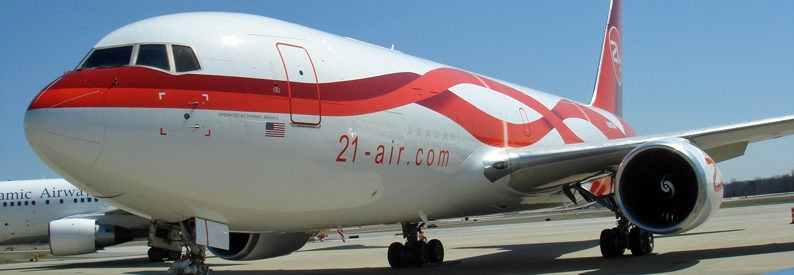
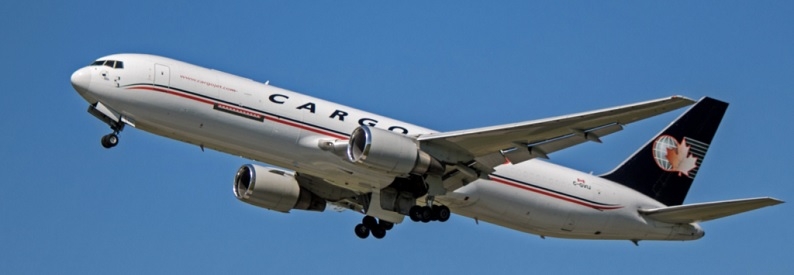
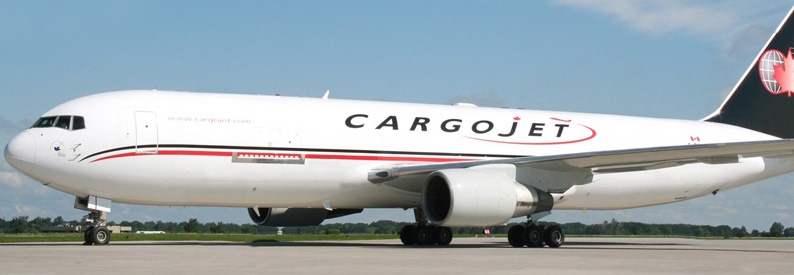
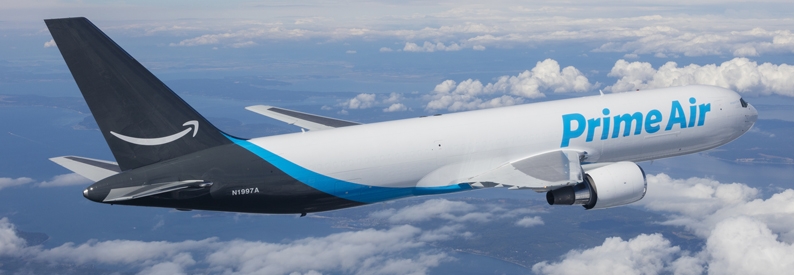
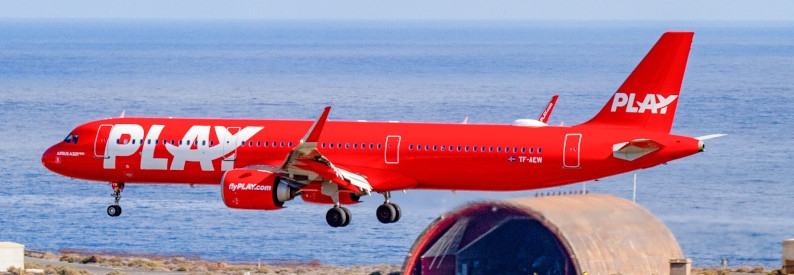
Editorial Comment: Fixed fleet expansion figures. Cargojet operated 25 aircraft at the end of 1Q21 and 20 at the end of 1Q20. - 07May2021 - 06:43 UTC